Disraeli's flowery history
...they seem an offering from the fauns and dryads of the woods’. Most importantly, both shared a strong sense of destiny and the conviction that they were best-placed to understand...
...they seem an offering from the fauns and dryads of the woods’. Most importantly, both shared a strong sense of destiny and the conviction that they were best-placed to understand...
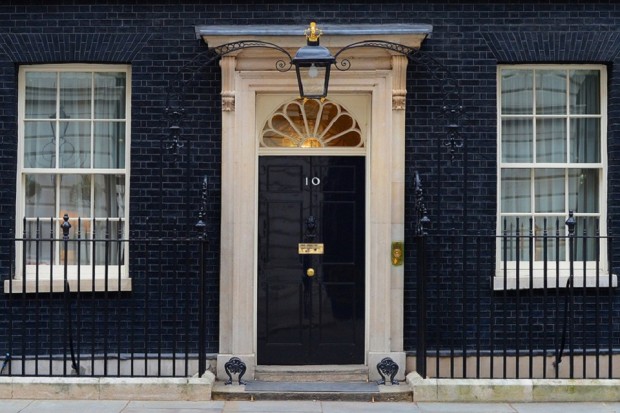
...Lord, who travelled to Hanover. The Secretaries of State for the Northern and Southern department were the precursors of the Foreign Secretary, and divided responsibility for Britain’s international relations between...
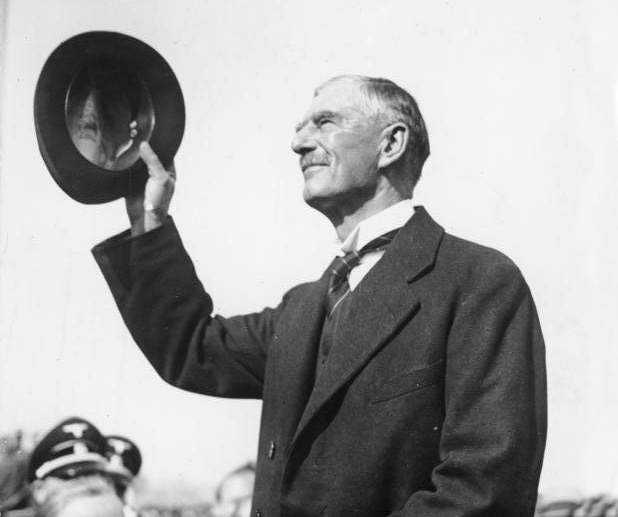
...plans but also to steal his thunder. Nevertheless, Hitler was well aware that the Munich agreement provided the best chance of achieving his aims without an early war. Chamberlain’s ‘piece...

...the effect of confirming, rather than undermining, Anglo-French friendship: both countries entered into ostensibly non-committal military conversations to plan how best they might cooperate if a war broke out and...
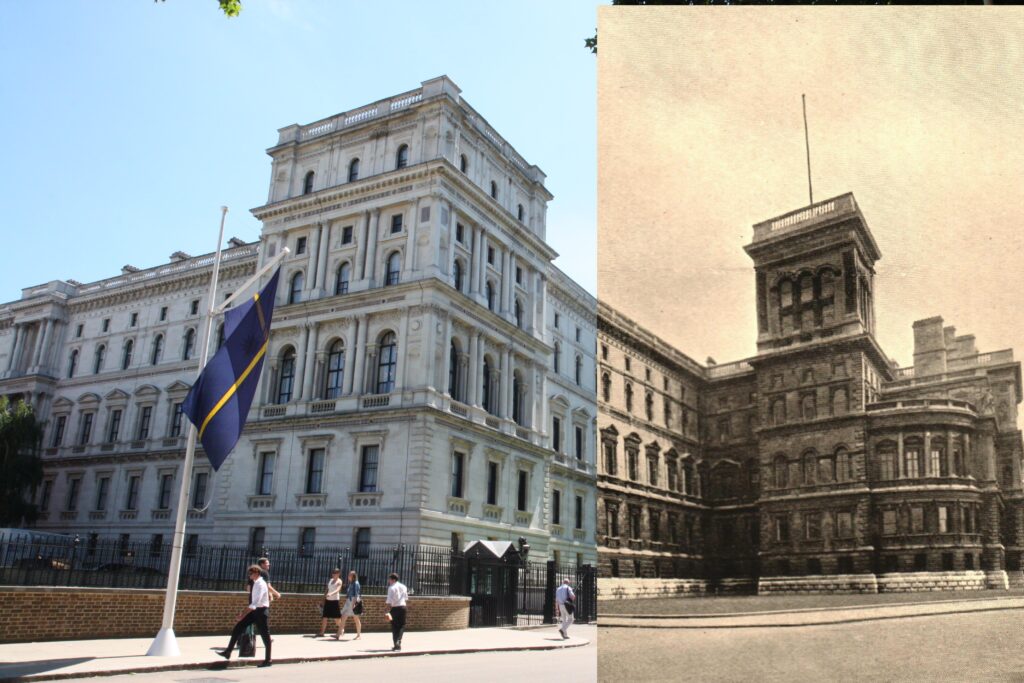
...escalating dispatches are the most thrilling thing on my feed!’; ‘creative and genuinely exciting’; ‘about the best thing I've ever seen on social media. Brilliant’. Also how it presented history...
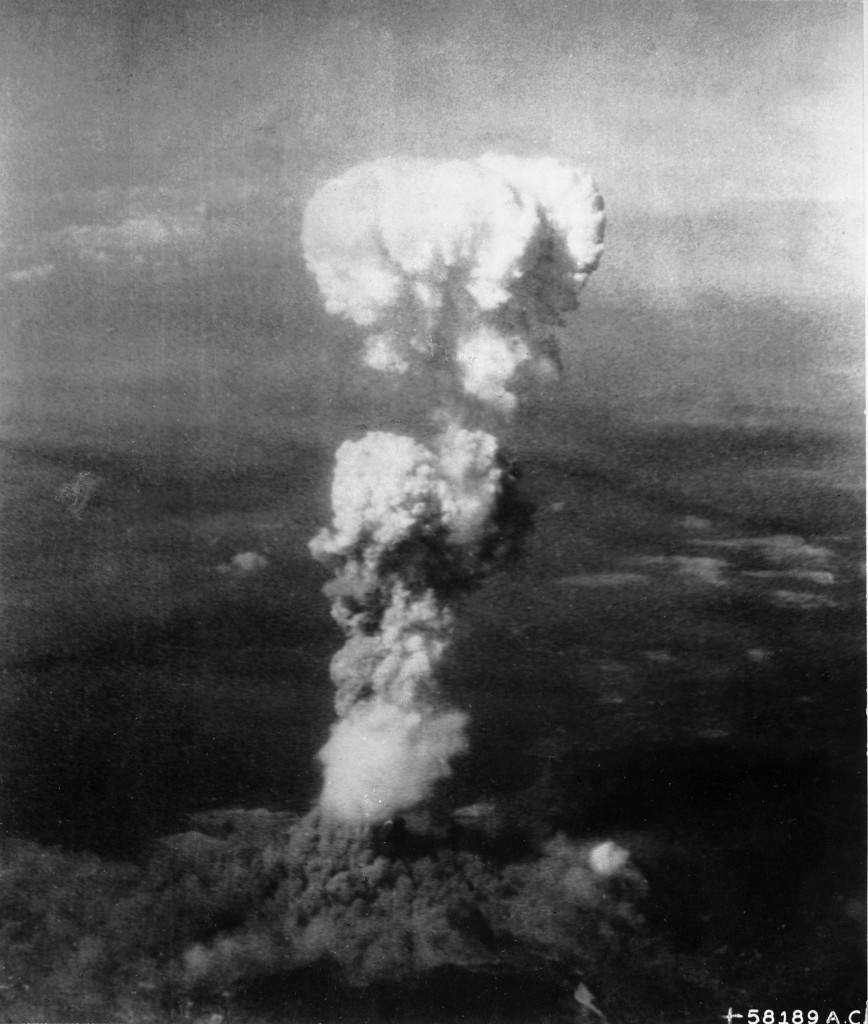
...party to the secret project codenamed Tube Alloys were kept informed of developments, and British scientists and officials were involved with the planning process for the use of the bomb....

...off Whitehall, in London’s SW1 postcode, fronted by one of the world’s most iconic front doors, stands Number 10 Downing Street, the unique home and office of the British Prime...
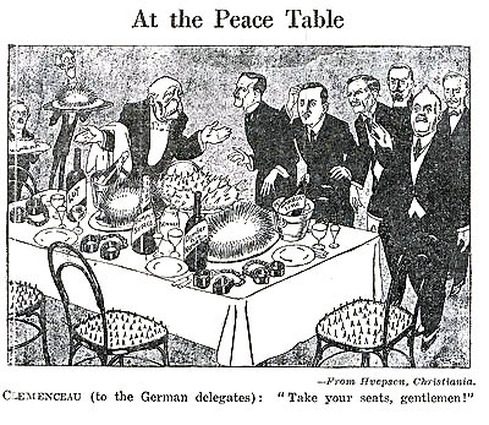
...ones unhappy with the treaty. Some members of the American delegation complained that it was not a peace treaty. General Jan Smuts, later South African Prime Minister, was openly critical...
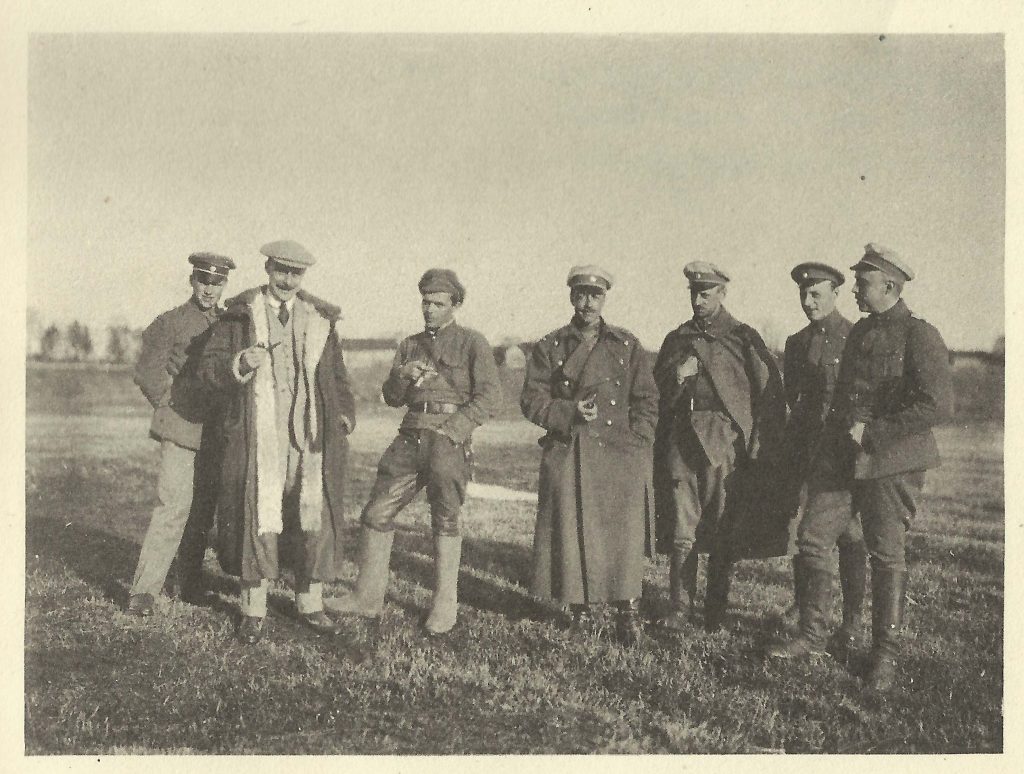
...to move the Landeswehr further south, away from the Lettish army they had been recently fighting. Initially, the Landeswehr feared that they would either be used in unwinnable situations, or...
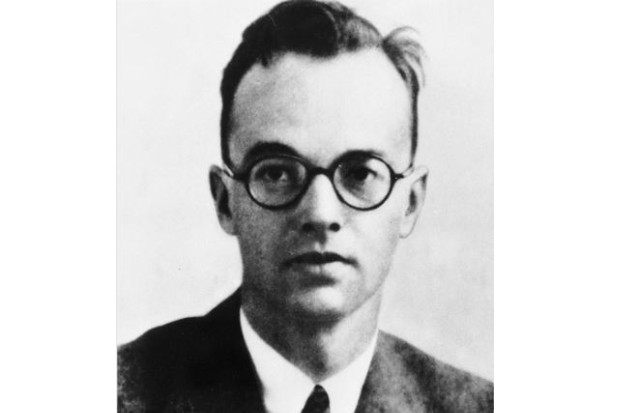
...project codenamed TUBE ALLOYS. From 1943 he worked in the US on the Manhattan Project developing the atomic bomb, and from 1947 at the British nuclear establishment at Harwell. Fuchs...